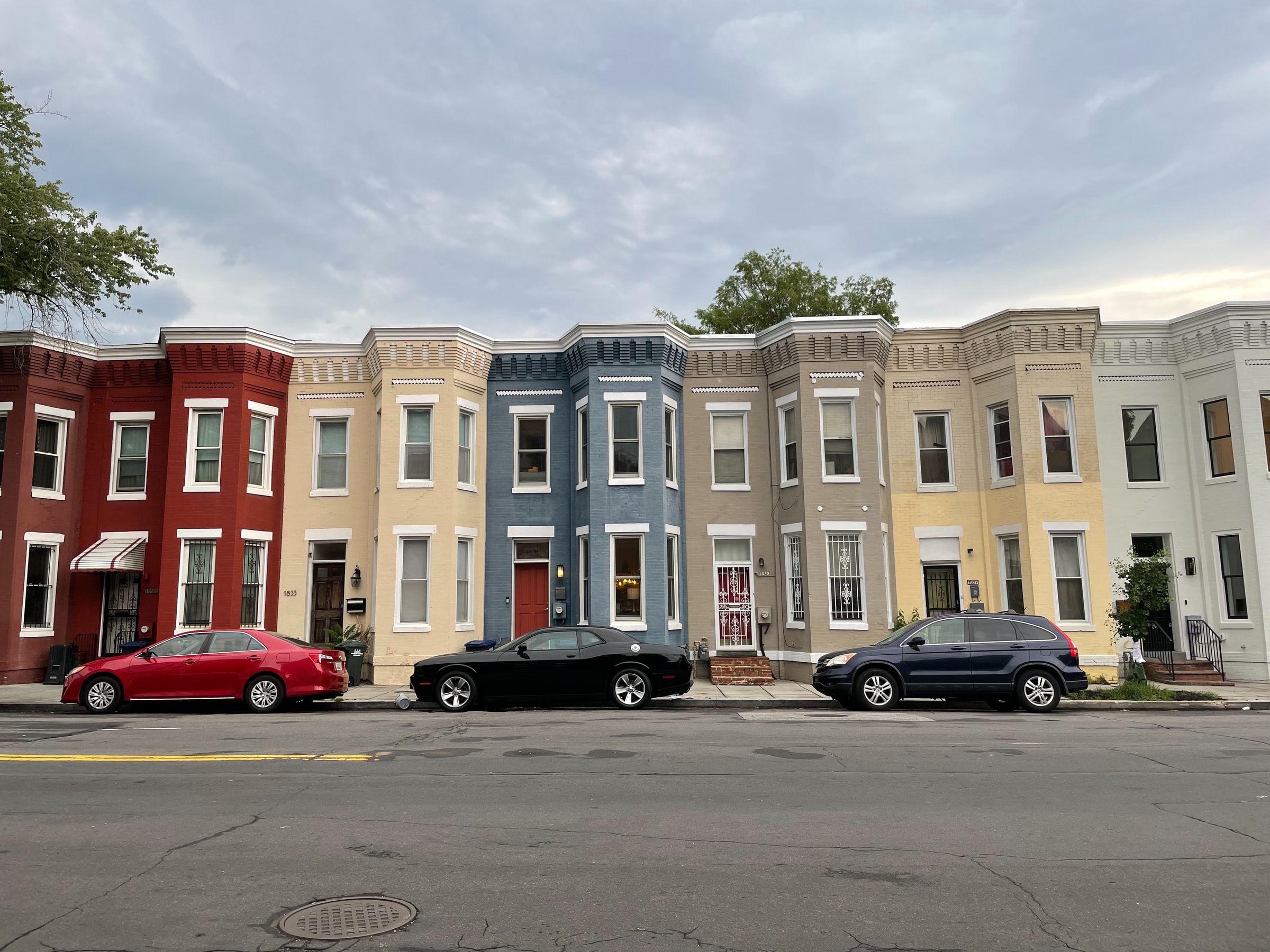Is There an Alternative to Student Debt – United Way of the National Capital Area Financial Empowerment Centers Think So
Apr 03, 2020

Planning for college is a huge undertaking for anyone seeking higher education. But one of the most daunting aspects of a college education is the often-hefty price tag that comes with a degree. According to a recent report from Forbes, 2020 will ring in a record-breaking $1.6 trillion dollars in student loan debt across the United States. Not only that, students in DC seeking higher education will pile on an average of $55,000 in student loan debt, an average barreling nearly $18,000 higher than any state across the country. And with many higher-paying jobs now requiring a degree, young people are increasingly sinking themselves deeper in debt just to make a living.
This was the fate Lawrence Brown was trying to avoid. A fourth-year student at Prince George’s Community College, Brown was now seeking to finish his education full-time at a university. But the application process alone can end up costing hundreds of dollars if not budgeted properly. Browns turned towards one of the campus’s active financial resources for students with families United Way of the National Capital Area Financial Empowerment Center.
“It was unique, it was different,” Brown describes of his experience, “It was giving me something I had never had before and that was financial literacy.”
Brown was paired with Kori Beard, a veteran financial coach who is passionate about helping young people get ahead of their debt. Beard assisted Brown in strategizing his application process; walking him through a flexible budget and potential funding he could apply for at each school.
“The main financial barrier for me as I see it; it’s the lack of knowledge, the lack of information, the lack of experience,” Beard proclaims. “And for some, it’s even how they perceive money.”
While Brown still must push forward with his applications, he feels confident that his options for school and requests for funding will leave him with little to no debt post-graduation. Residents can schedule an appointment with any of the four Financial Empowerment Centers across the region for free financial coaching, learn about budget or small business workshops or inquire about workforce development opportunities.
To learn more, please visit financialempowermentcenters.org.



